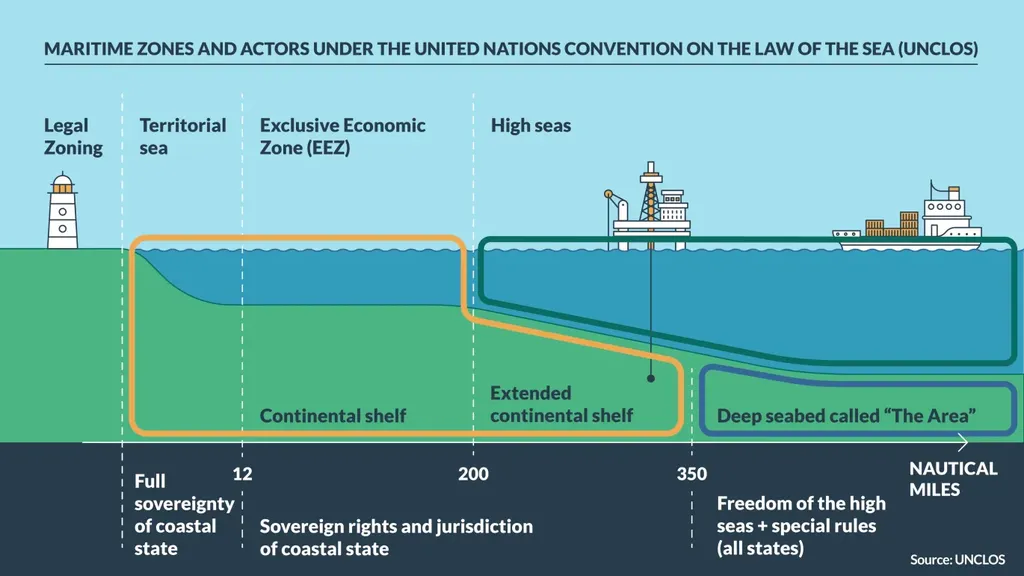In the ever-evolving world of maritime trade and shipping, developing countries are facing a perfect storm of challenges that threaten marine sustainability. A recent study published in ‘Frontiers in Marine Science’ (translated from the original Chinese title) sheds light on how these nations can navigate these turbulent waters by leveraging multilateral legal frameworks. The research, led by Qi Niu from the Law School at Anhui University in Hefei, China, explores the regulatory and compliance risks posed by trade and shipping turbulence, and offers a roadmap for developing countries to strengthen their legal and policy coordination.
The study, which combines literature reviews and case study analyses, highlights the unique vulnerabilities of Least Developed Countries (LDCs), Landlocked Developing Countries (LLDCs), and Small Island Developing States (SIDS). These nations often bear the brunt of port congestion, operational restrictions, and fuel supply disruptions, leading to increased fuel consumption, higher pollutant emissions, and even a greater risk of marine pollution incidents.
So, what’s the way forward? According to Niu, “Achieving marine sustainability requires embedding equity safeguards into IMO and WTO processes, strengthening regional cooperation frameworks, and enhancing national legal capacities.” The study emphasizes the importance of active participation in international rule-making processes and advocacy for technological and financial support to mitigate adverse impacts.
For maritime professionals, the study offers valuable insights into the commercial impacts and opportunities in the sector. The analysis concludes that developing countries need to reinforce port state and flag state control as legal enforcement tools. This presents an opportunity for maritime businesses to engage with these nations in capacity-building initiatives, technology transfer, and sustainable shipping practices.
Moreover, the study underscores the need for alignment between trade and marine environmental goals within the World Trade Organization (WTO) framework. This could open up new avenues for trade in green technologies and services, benefiting maritime sectors that are at the forefront of innovation in sustainable shipping.
The study also calls for differentiated legal and policy recommendations for LDCs, LLDCs, and SIDS, acknowledging their unique challenges and capacities. This tailored approach could help maritime businesses tailor their services and products to the specific needs of these developing countries, fostering mutually beneficial partnerships.
In a world where the maritime system is undergoing a profound transformation, the study serves as a timely reminder of the importance of robust legal and policy coordination. As Niu aptly puts it, “The international community must move beyond token inclusion and deliberately invest in building domestic research capacity for these vulnerable states, thereby amplifying their voices.”
For maritime professionals, the study is a clarion call to engage more deeply with developing countries, not just as markets, but as partners in charting a course for marine sustainability. By doing so, they can contribute to a more equitable and sustainable maritime sector, while also unlocking new commercial opportunities.

